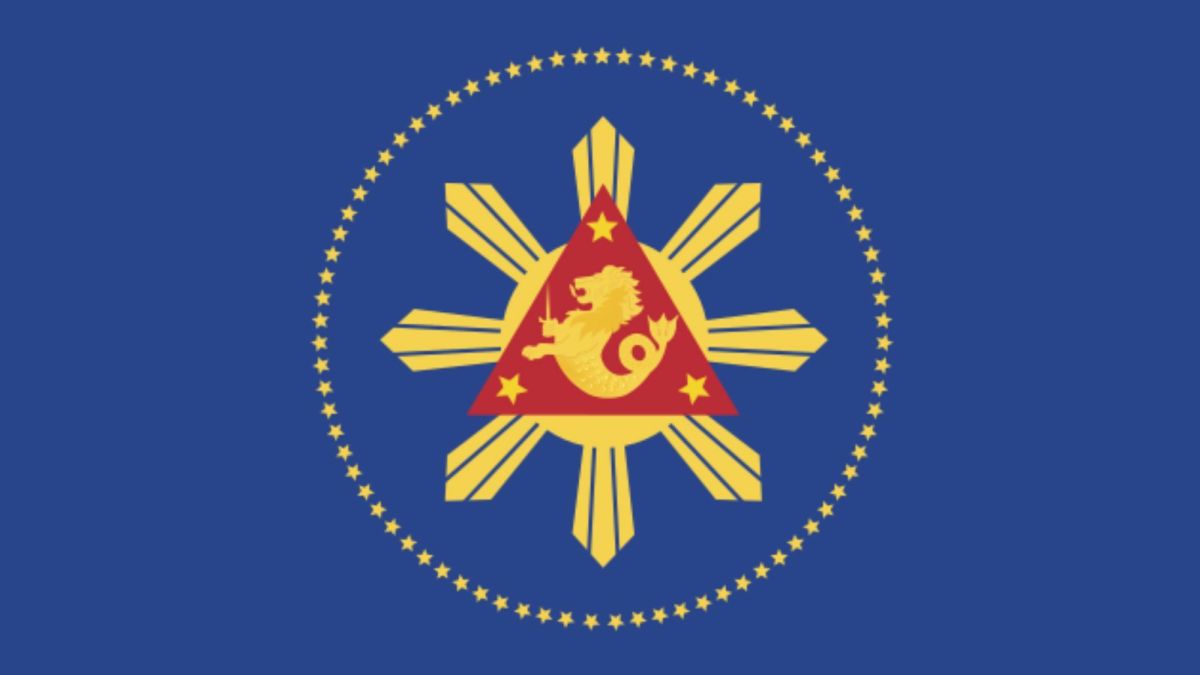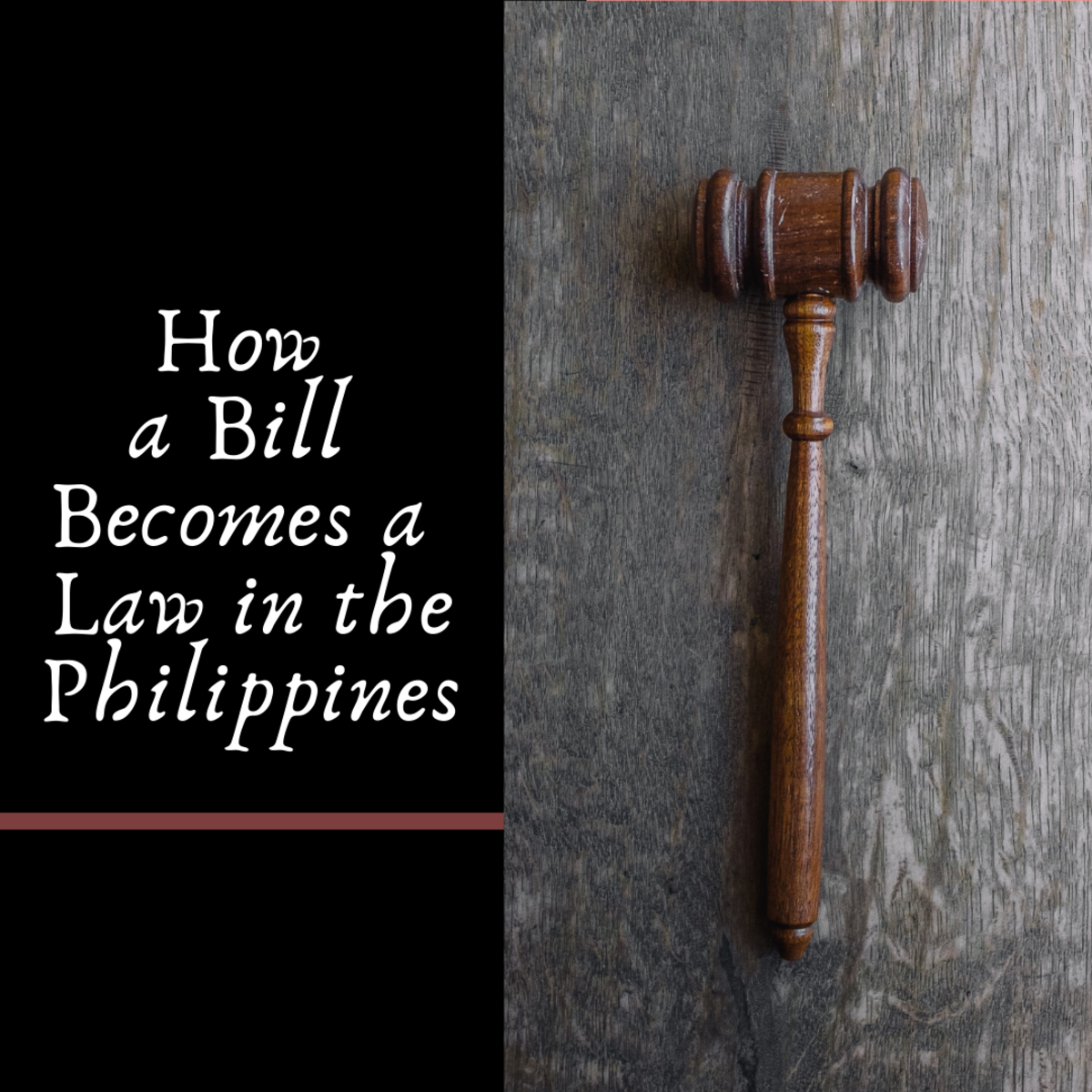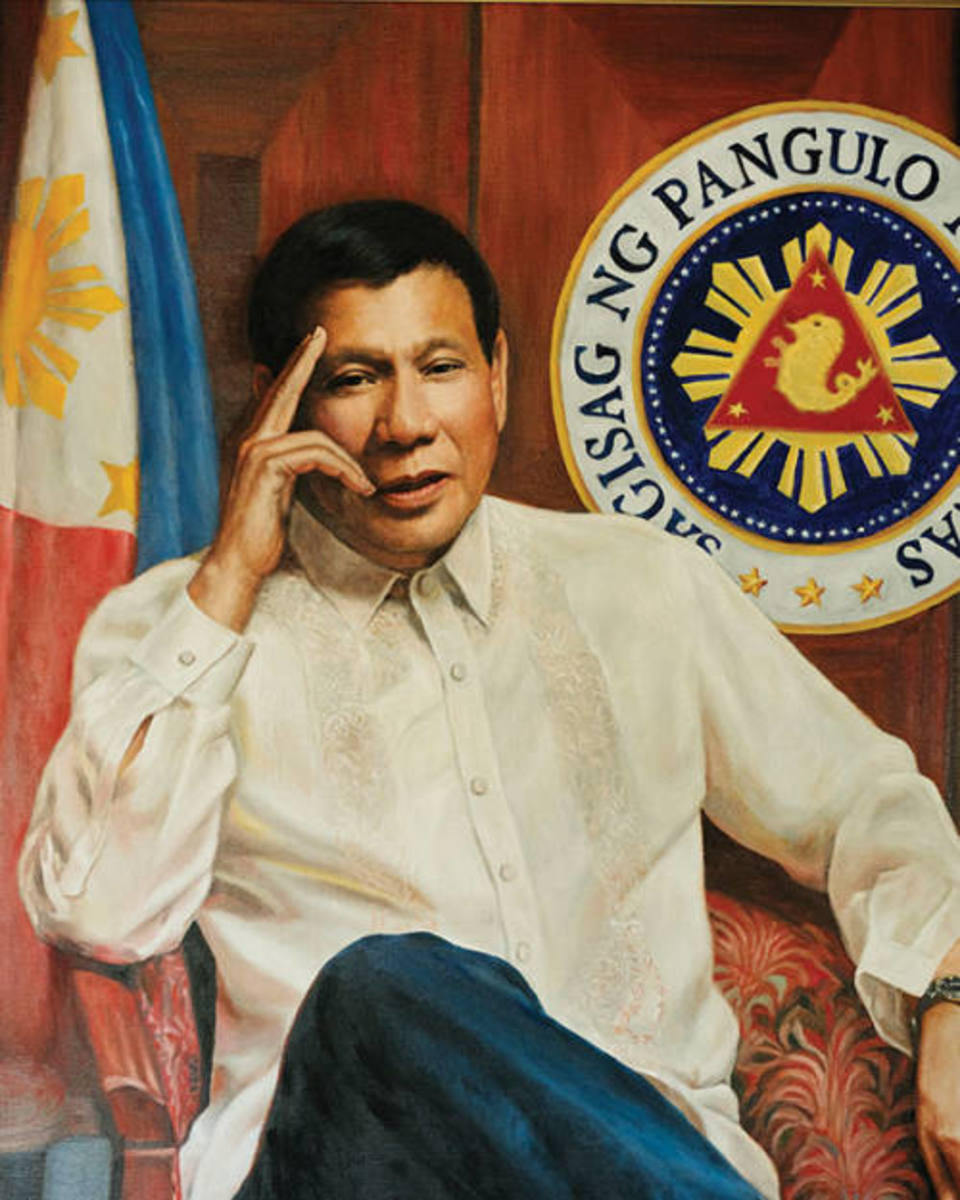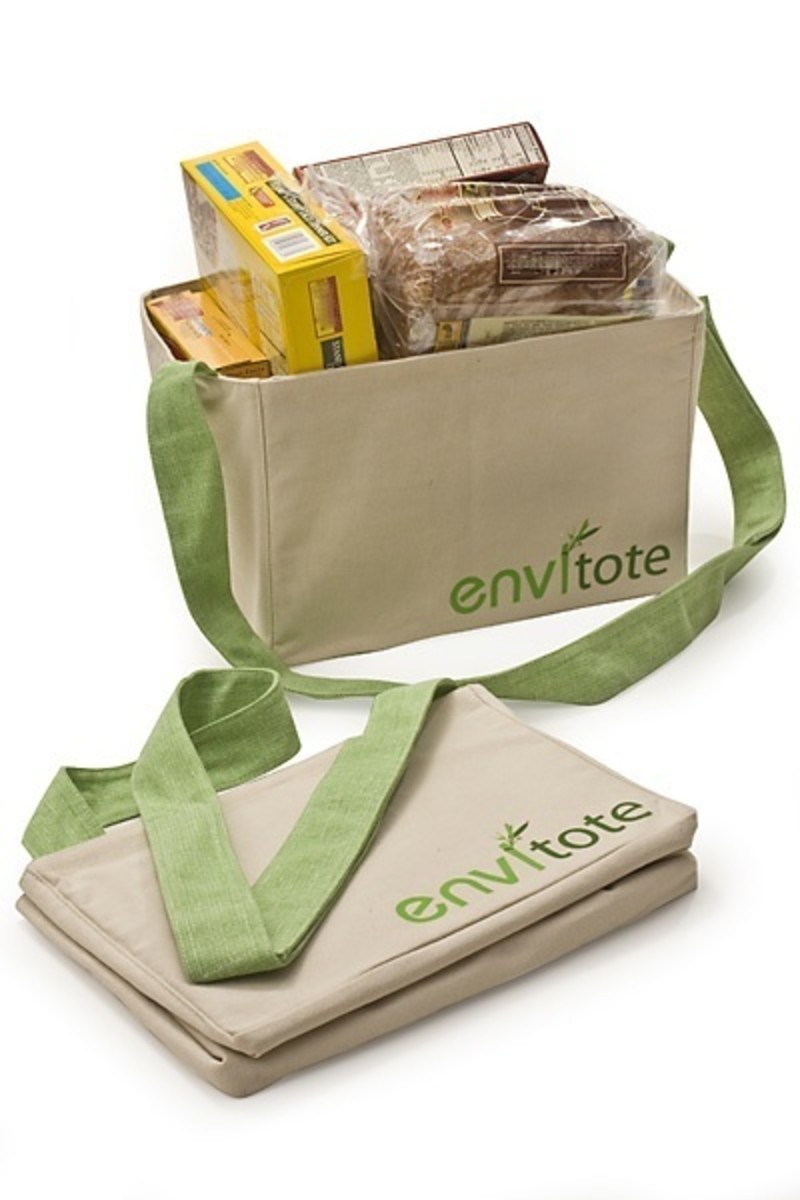Anti Planking Law in Philippines
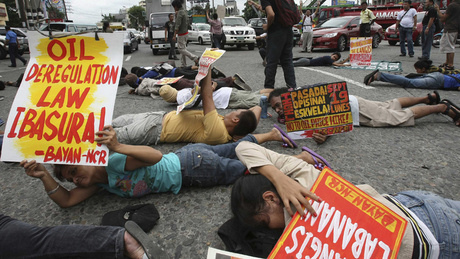
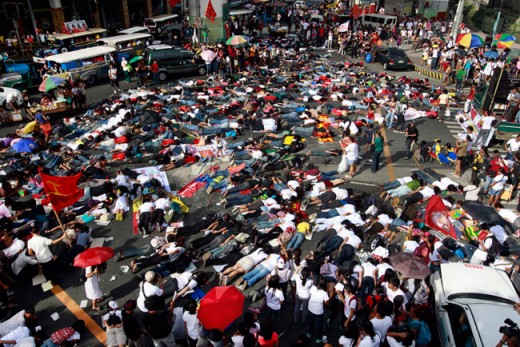
What is it about Planking?
If you have logged onto Facebook or Twitter, chances are you will see posts and pictures of individuals planking. Planking has become a new phenomenon that has spread all across the world. Classified as a "game", planking involves laying face down with your arms aligned with your body, usually in public places. Planking is most fun for players when they find weird public places where they can plank and have friends take photos of them. While it does sound like a strange new craze, middle schoolers, high school students, and college students are taking part in this new game.
So it seems harmless right? Laying down face first in funny places and taking a picture sounds pretty harmless. While it sounds harmless, there have been serious planking injuries and even deaths. One death that made international news was a man who decided to plank on the corner walls of his seventh-floor balcony. The man did not position himself right and fell to his death causing floods of media attention.
My Other Works
- Flooding in Manila, Philippines - Associated Content from Yahoo! - associatedcontent.com
Flooding is a perennial problem in the Philippines, particularly in the capital Metro Manila. Flooding causes significant impact on the economy due to work disruption.. - London Riots - Unrestrained Youth or Socio-Economic Decay? - Associated Content from Yahoo! - associ
The London Riots sparked a debate on the causes of the conflagration of violence. Was it a failure of society to instill proper values among the youth or deteriorating socio-economic conditions in communities?
Anti- Planking Law in the Philippines
You may be wondering why anyone would be trying to push an anti planking law. While some irresponsible "plankers" have been injured or even died from injuries sustained while planking, the fad all together seems pretty harmless. That is not the case in the Philippines. Advocates of the anti-planking law, including a current congressman, are pushing this legislation for one particular reason—protesters and activists are turning the fad into a weapon during strikes and protests. With the trend spreading over the Internet, protesters found that planking in the middle of the busy streets of the Philippines gets the attention they want during their mass protest actions. These political plankers, as they have been nicknamed, are planking for their rights so to speak or to highlight their political concerns and issues.
Should Planking Really Be Banned?
Millions of people are planking and only a small percentage of these individuals are planking for reasons that disrupt traffic and inconvenience the public, not to mention possibly violating a law or public ordinance. Castelo, the Congressman in the Philippines, believes that an anti-planking law should be passed as a universal code of student conduct. The purpose of the law is to ban planking "as a form of redress or grievance mechanism." Many people are under the assumption that the law would ban planking in the Philippines as a fun fad. That is not the case. The purpose is to keep protesters safe, out of busy streets and to avoid causing inconvenience to the public.
External Links
- Anti-planking act proposed in Philippines after people plank in Manila streets - BlogPost - The Wash
A government official in the Philippines has proposed a bill to outlaw the viral planking trend for safety reasons, but many people think its just funny. - \'Anti-planking\' law proposed in Philippines - CBC News
A congressman in the Philippines is seeking to ban planking the act of laying face down on the ground like a wooden plank after a group of student protesters disrupted traffic in Manila on Monday.
What Do People Have to Say About the Proposal?
Word of the anti planking law spread rapidly across the Internet. Most social media users are reportedly against the ban. School officials and public officials are certainly backing the law as they feel it will keep schools and the streets safe. In a sense, it also helps them avoid liability or being held to answer for potential accidents or injuries that may occur as a result of planking being conducted in campuses or public roads and highways.
When planking started, people never imagined it would receive the attention it has presently garnered. Just like all things in life, planking can be abused. The anti planking law is designed to make abuse of the fad illegal. Then again, is it absolutely necessary to legislate against something when common sense would be enough to avoid or prevent its negative consequences or abuse?
I think our Congress is better off spending their time working on legislation that will address more pressing needs and problems of the country as compared to worrying about activists planking on highways and snarling up traffic as part of their protest actions as authorities can haul them off anyway for obstruction of traffic and acting as a public nuisance.

